Last Updated on July 30, 2021
One of my favorite performances from last year was George MacKay’s excellent portrayal of Lance Corporal Schofield in Sam Mendes’ masterful 1917. Yet it wasn’t the first time Mr. MacKay impressed me. In fact, he’s given a number of stunning performances that include CAPTAIN FANTASTIC, PRIDE, MARROWBONE and now, his take on the Australian historical icon, Ned Kelly. While the TRUE HISTORY OF THE KELLY GANG isn’t quite as factual as the title suggests, it gives George the chance to take on this legendary man and give yet another brilliant show. I’m convinced he’s one of the best young actors working today. In fact, his work opposite Essie Davis is simply sublime.
Considering that this impressive feature film takes as many risk as it does, it's no surprise that filmmaker Justin Kurzel was behind the camera. The director has taken on a few dark and complex features including his unique vision of MACBETH as well as the hypnotic THE SNOWTOWN MURDERS. However, his telling of Ned Kelly’s story may be his most ambitious feature yet. This provocative film offers, as mentioned, a stunning turn by its leading actor and actress, as well as impressive work from Russell Crowe, Charlie Hunnam, Sean Keenan, Nicholas Hoult and Thomasin McKenzie.
I recently had the privilege to speak with both George MacKay and Justin Kurzel. Considering I’m a fan of his work, I’m an even bigger fan of Georges' after speaking to him. He is kind, funny, incredibly intelligent and he has an interesting take on his work and career. He opened up about playing Ned Kelly, as well as talking a bit about taking on another exciting project about a man who thinks he’s a wolf in the appropriately titled film WOLF.
After that, we spoke with Mr. Kurzel who discussed the legendary Ned Kelly, and about why he took on this project after his experience with ASSASSIN’S CREED. He also discussed the complications and pitfalls of making a movie about this particular historical figure. Either way, TRUE HISTORY OF THE KELLY GANG is a raw and sometimes unsettling feature with two of the finest performances of the year.
TRUE HISTORY OF THE KELLY GANG arrives this Friday On Demand and Digital, with a few select screenings at a drive-in (perhaps) near you. If you happen to live in the Los Angles area, the film will be playing exclusively at the Mission Tiki 4 Drive-In in Montclair.
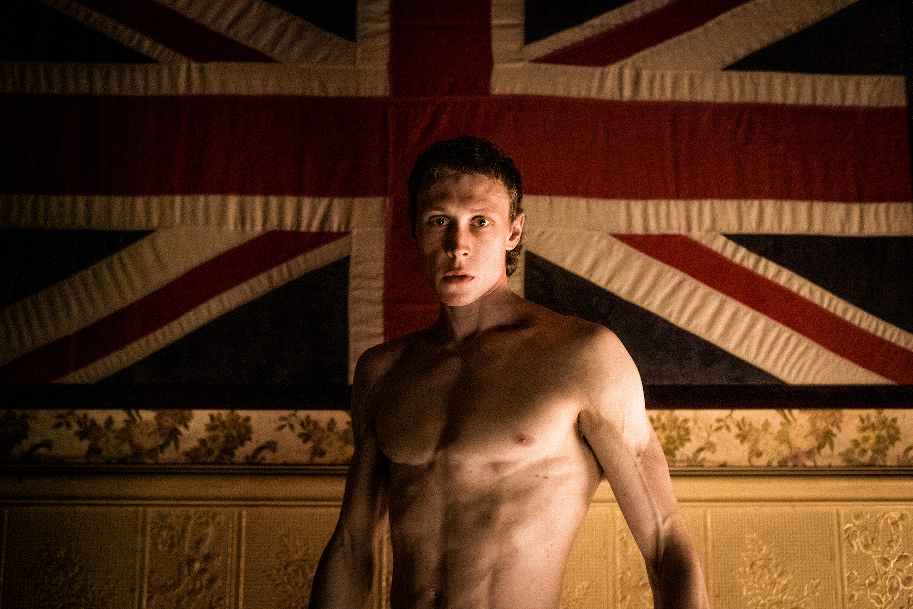 Now I’ve seen the film twice, and I honestly think that both you and Essie Davis are really outstanding here. How did you approach the material? Had you read the book before or was it all new to you?
Now I’ve seen the film twice, and I honestly think that both you and Essie Davis are really outstanding here. How did you approach the material? Had you read the book before or was it all new to you?
George MacKay: It was, it was all new. The first thing that was kind of, I guess the biggest draw was Justin [Kurzel]. I'm such a fan of Justin's work and he’s so talented, it’s the most affected I’ve ever been in the cinema. And the script Shaun Grant wrote was just beautiful as well, just really muscular and big. So it was quite an operatic piece of work, the first one. It kind of got thinned down when we came to actually shooting. But I hadn't read the book, no. So my interpretation was just off the script and the sides that we had for the audition. Working with Justin again for this hour that we had for the audition was the most amazing sort of wild audition I've ever had. So full of improvisation. And it completely expanded any sort of interpretation of the character I came in with on its head and of the whole sort of possibilities, and the stories just got massive. I felt like I'd been put through my paces more than I've ever had in an audition before or since, I think.
In terms of Peter’s beautiful book, I remember opening it up when I got the role and it was just amazing. I don't know if you've read it, but I looked at the first page and it was like, but where is the punctuation? Because the whole thing, he’s created this book with this man and the writing style as if it is this bound history of Ned, you know, a man who has educated himself since the age of 12. And so there is this amazing colloquial, vernacular – I think that's the right term – this beautiful language. It was this man who obviously has this innate articulacy, informed by his environment and yet had no schooling. And so it's just this beautiful text and you have to kind of, it demands you to, to find your own way through it and kind of make, you know, basically place the full stops where they should be. And so you find the rhythm of this, of this piece and it's just, it's just beautiful. It's such a clever, wonderful poetic piece of writing.
It feels like that’s what Justin really went with in the way he told the story, and he doesn't dumb it down. You really have to pay attention and be involved.
GM: I think that he respects the work and by the same token, it goes hand in hand, it's a sensitive thing, he respects his audience too. And I think he enjoys challenging work. Like he doesn't like anything that's spoon fed to you. I think that's where he respects the audience enough to not spoon feed anything to them. Like things need to be clear and be strong, but that doesn't mean they can’t be complex. Definitely with this film, and a lot of his work, but particularly with this film I think. It's not vague at all, but the complexity is that middle ground between two polar opposites in which we operate. And often those polar opposites are much closer than we think.
I just remember when I went out, I know this could be misquoted when it gets drafted so I could get Justin into a lot of trouble, so I don’t mean to, but he once said, like a f*ck and a fight really are not that dissimilar in terms of the feelings that they give you. If you think of the way that your heart beats, the adrenaline, the way the excitement of making love or fighting someone can cause, in some ways they're quite equivalent. Those feelings, those physical sensations, those emotional highs, and yet they are the absolute antithesis of an intention and an action. And I think that complexity and the drama of that complexity is where a lot of his work exists and, and actually where a lot of life exists. So I think Justin’s aware of that and he doesn't, he doesn't spoon feed that to you.
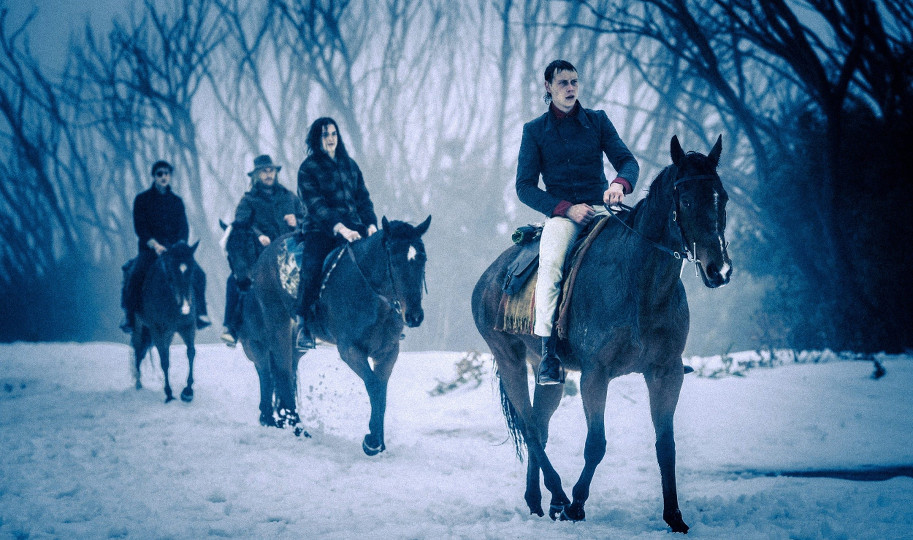
I love that. And I also liked the fact that so much of this film explores the complexity of the relationships that Ned has, whether it's with his best friend that he meets along the way, or of course his mother. What did you add to that? Cause there are some very deep, intense relationships going on in this.
GM: I guess what added to that, well I didn’t necessarily add it, it just sort of goes into what's there. It's a mixture of kind of understanding the story and understanding myself. And you know, I find that, for Ned, his complexities, there’s a logic to all of it and I think an emotional tie. There is this core spine of love, of ultimate love and being. His mom is his soulmate. Justin, in the audition, basically the first scene I auditioned with was the conversation he has with his mom when he comes home. And I was playing it as, you know, a young man coming home to his mom and this kind of rather standard back and forth of like, where were you? I was here, I was never there. And he said, no, no, no, no, just put down the words for a second. I was reading opposite this lady and he said, just look at this lady and tell her genuinely, just as yourself, tell her everything you think is beautiful about her, just tell her. And so I did. And it kind of opens you up and puts you in another zone because I'm just genuinely telling this woman what I thought was beautiful about her, her lips and her eyes and her neck. And he said right now, no, just, just do the scene again, but just know you said all of that, you're on the first date and play it like you're trying to gauge the other person. Are you smiling? Are they making you smile? Is that a good smile? Is that bad smile? Like where are we with this? And he said, but now you use those words and we did. And suddenly you're on this romantic back and forth with this woman that you admire and you love and you're attracted to, and yet he then understands that that's what you’re inside of. And I think that there's so much, I don't know, like just truth about the complexities of life. Like Ned was made to be his mom's man out of the failing of his father, and therefore he was made to be a man as a boy. And that's stunted his growth as a man when he gets there. And so therefore he is, he was, he is forever both. He was a man when he was a boy, and he's a boy because of that, when he is a man.
And all of that comes to this commitment to his mother, who is the reason that he sort of in becoming his father. He becomes the failings of his past which is what finishes him. But his mom won't let to be anything else because she needs him to be her man. There's a logic to all of that. All of that makes complete sense and yet it is so complex. And I don't know if it's the making of, you know, the identity of who we are as people, as humans. You are a mixture of your nature of the blood in the X and Y chromosomes inside of you. Then also your context and the ideological commitments that you make. And there is truth to both of those things. And both of those things are exacerbated by your context and the cards that you are dealt in that context.
And so I think that for me, I guess if I was to bring anything to it, that fascinates me, the making of people. You know, the making of your nature, of the things that you can't change and the things that are, and the things that aren’t. Also, this is what Peter Carey’s book beautifully looks at, what is truth? If the law is unlawful, then what is right? If what is said to be right is completely wrong, then where do I sit within that? And if my truth isn't valid to you, but it is to me, that's the only truth that I have. At the end of the day, I'm the only one that goes to my grave with that. But if I'm terrified of my grave and I have to live, do I live by your truth or do I live by mine instead? All of these ethical questions, I think is something that we all need to be asking ourselves without getting completely lost, otherwise you'd never get out of bed. But I just, I just, that fascinates me. That fascinates me.
It honestly intrigues me the kind of intense characters you take on. And whatever happened with YOU REALLY GOT ME? Aren’t you portraying Dave Davies of The Kinks as well?
GM: Oh no, that film actually never happened. It's funny that one comes up quite a lot. It was, it was years ago I was going to do the film and then the money never came together. It’s one that stuck around I think, in the press or something. But no, the next project I'm going to do is a film called WOLF about a young man who believes that he's a wolf. And I guess similarly is about questions of identity, with your wild nature, of the wild instincts, and where that sits within a human context.
What drives you? I mean, you take incredible chances. 1917 was an incredible chance. What drives you professionally?
GM: I'm just so blessed to be working and to have any opportunity to work. But I think its the process. It's wanting to learn about myself, wanting to learn about the world and the way of expressing that. I think that so much of the learning comes from the doing. I do get very hypothetical about a lot of things often, and it's the doing of things that teaches you. So therefore, if I'm lucky enough to be able to participate in it, opportunities of learning, where I can do lots of different things, I think the more you do, the more you start to kind of get a sense of the core of those things that make sense to you.
And again, you know, I’m also I guess at a stage in life where I don't have my own family or children at the moment. And so what is true to me is a very kind of personal exploration and question. And I have the time for it. One day when you have kids it’s like this is it and your commitment, or your, I guess, I don't know, your purpose becomes something outside of yourself. Where at the moment, I myself can involve many different hypothetical scenarios, and all of which I find fascinating and informative to myself in the world. I just want to learn by doing basically, I guess that's, yeah, without sounding too sort of wanky, spiraling off into philosophical stuff, it's just like, yeah, to learn by doing. So it’s films and stories that offer up a chance to learn in different ways that, that excite me.
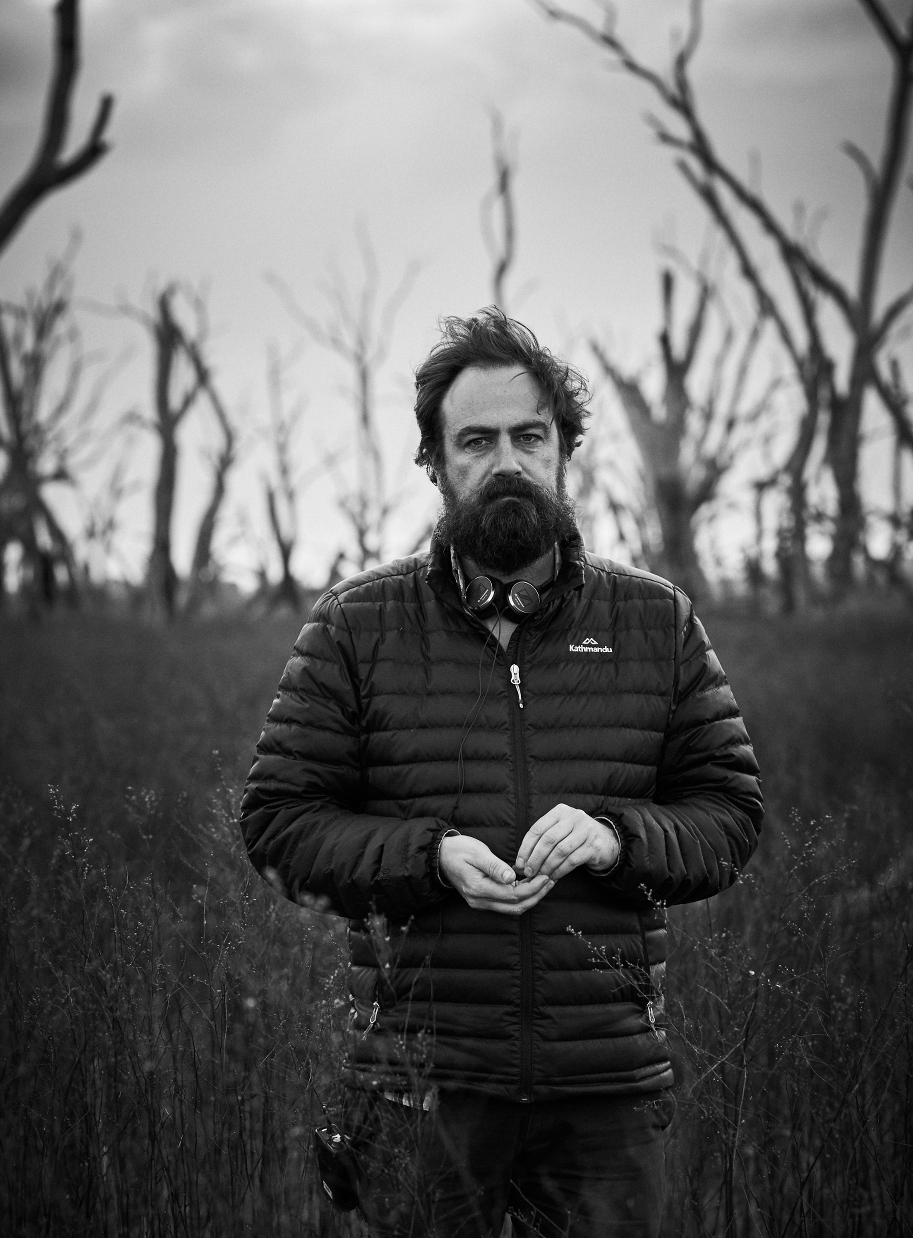
What led you to this specific project after ASSASSIN’S CREED?
Justin Kurzel: Well, I've been approached to do it, and I was just really petrified of it to be honest. You know, as an Australian, kind of making a Ned Kelly film, you're kind of on a highway to hell really. You’re always going to get really scrutinized and sort of criticized because so much has been written and sort of made about Ned Kelly and Australia. So I was really reticent. And then I did ASSASSIN’S CREED. Then I was just a bit lost after Assassins. I kind of just, it was such an exhausting experience making it over two years and I was really missing home, and it was the sort of the time where I was wanting to just reconnect a little bit with my voice and stuff. Then I picked it up again, TRUE HISTORY, and read it and just went, Oh f*ck, I get this now, I really do. I really understood his voice in it. And the idea of mythmaking and you know, your story being stolen from you. There’s seemed to be a whole lot of stuff there when I was ready and really eager to kind of get into.
It took about two, three years to get it up and it fell down a few times. It was a real passion kind of project that, you know, there were many times we were gonna sort of pop off it. But it just sort of stuck with all of us and we really wanted to sort of make it in the end. It was Peter Carey's words really. You know in Australia they have a carnival. They have Ned Kelly pie, he is immortalized. His armor is in the library. As a kid you would go to sort of Ned Kelly theme parks. And so, you know, the piece was sort of having a play on that, you know, it's really sort of talking and trying to kind of get underneath why we kind of made Ned Kelly a myth, you know, a 24 year old Bushranger, um, sort of has become one of the most prominent figures in Australian history. It's kind of really strange. And the book was kind of, I guess really leaning into that.
How much do you feel was truthful in the book and how much do you feel that you needed to be truthful with the character?
JK: It's a bit of a dance between the two because it's really strange, cause the book, you know, it's obviously based on a real person and there are real events that sort of happened. But at the same time, there’s a sort of commentary about how some of those events have been interpreted, you know, by historians and by filmmakers and by the national identity. So it's a real play between those two. Peter’s book never goes into absolute sort of a fantasy land, but it does kind of push and prod at certain aspects of his life that have been kind of more immortalized than, you know, it kind of puts a bit of a question mark there. So, you know, I think that spirit of this is incredibly truthful and, and I think that there's an emotional truth that you never have seen before in terms of that point of view of character.
They are his words in the book, it is his point of view. He's writing to his unborn daughter. So you really, just by the invention of that character, there's something that kind of comes to life that's never come to life before in regards to this kind of Ned Kelly character. I think it’s probably the way things have been done in the past from afar. So to actually get an intimate point of view, to hear Ned Kelly's voice, to bring that to life, that’s what’s really, really different about it. And then the end became really inspiring for me because I just could feel it, you know, really, really feel it in an emotional way that I've kind of never felt in the past.
The heart of this story appears to be the relationship that Ned shares with his mom. Which is certainly an intriguing one.
JK: Yeah. Well that was, that was a huge part of the difference in the book that probably hadn't been done before. Ellen Kelly is a kind of matriarch and I get her sort of power and control over those boys, especially Ned. And, you know, one of the most compelling things I've found in the book was just the idea that Ned could be someone that did that, that he has opportunities, that he has ambition, that he's a kid and an adult, that, that in Australia at the time really kind of rise through that kind of class system and sort of be someone. That sort of feeling of Ellen Kelly being completely petrified of that, you know, all of her son’s sort of outgrowing her. And I thought that, that that was really poignant and that was kinda something that I think is really familiar, you know, that kind of relationship. So that was something very, very unique and it's definitely something that we wanted to kind of put front and center a little bit in the film.
I wanted to ask about Orlando Schwerdt who played Ned for the first 40 minutes of the film. What was the decision to tell that story and spend so much time with him as a child?
JK: Well a good half of the book was him as a kid and we'd never seen that in past reiterations of Ned Kelly, you never saw him as a kid. Naturally, some of what was formed out of ideas and thoughts about his destiny and what he was going to become, that came from his childhood. Especially that relationship between Harry Power, who Russell Crowe plays, and young Ned. So we just love that part of the book. It was really unique and original, and it kind of also played into the sort of three chapters that we wanted to have this Ned evolve through. You could almost do a whole film just on young Ned Kelly and his relationship with his mother and Harry Power.
I mean that, that whole kind of section is unbelievably rich. So yeah, it was tricky kind of working out the balance of how much you leave in and how much you leave out and you know, you're asking audiences to take a really big leap in terms of time changes and time shifts. It was really essential, and Orlando is a beautiful little actor that’s just, he's one of the kids that just wanted it, you know, he’s ridiculously mature for his age. He was hugely passionate about acting and curious about it, watching the other adult actors kind of constantly seeing what they do, what they do in between takes. I mean, that's really rare. You can’t sort of teach a kid that, to be curious and interested and mature enough to kind of really reach for that sort of stuff. So, yeah, I was pretty lucky in the end, in that we kind of found Orlando during casting.
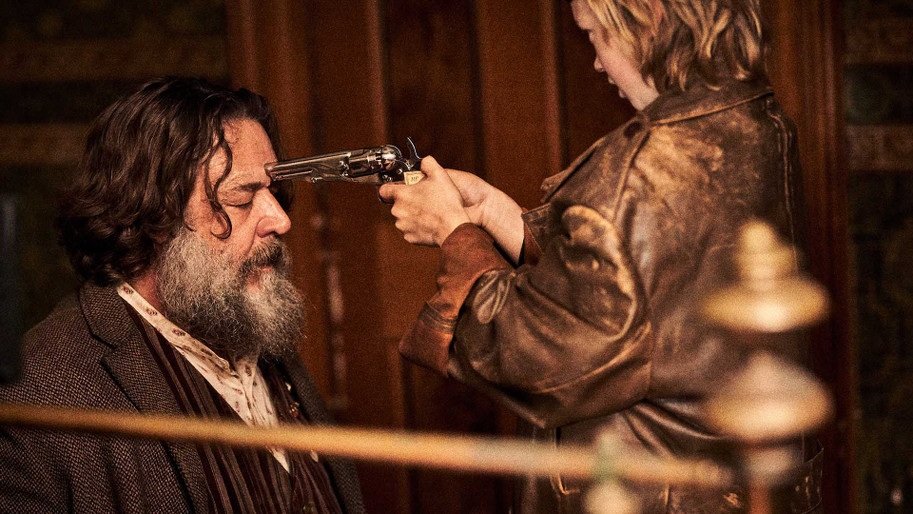





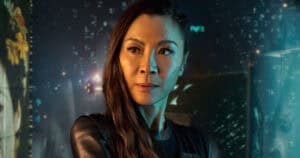
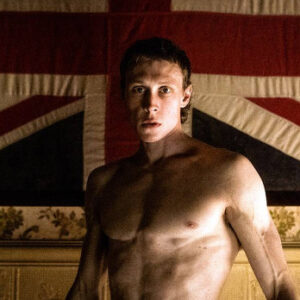





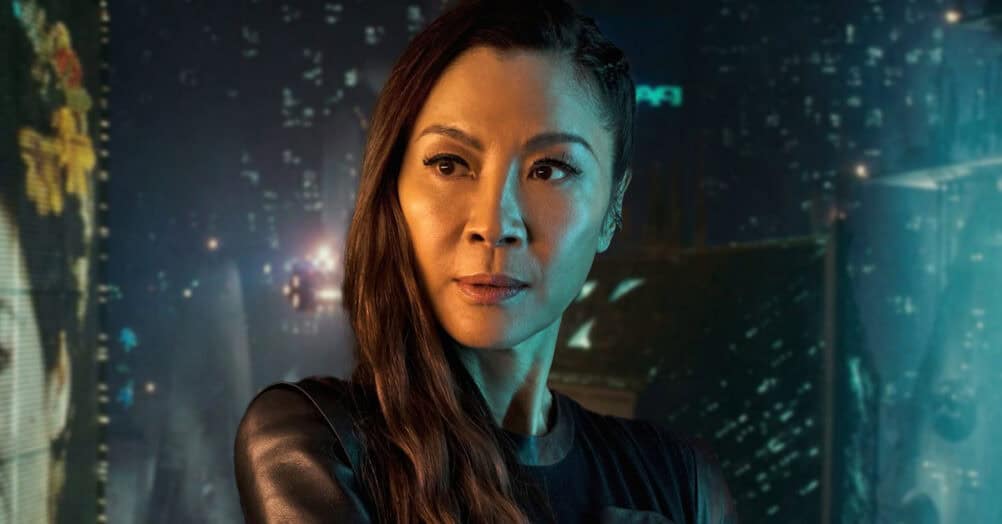

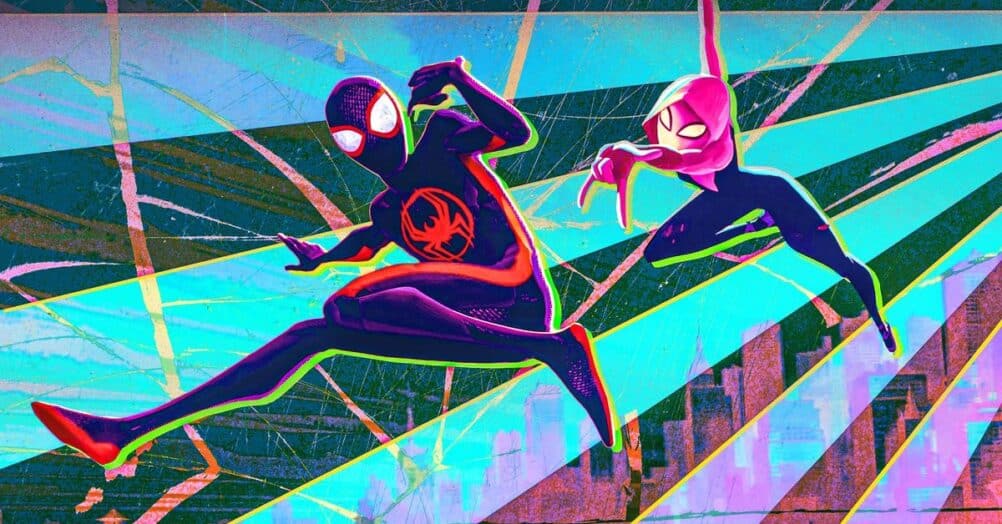
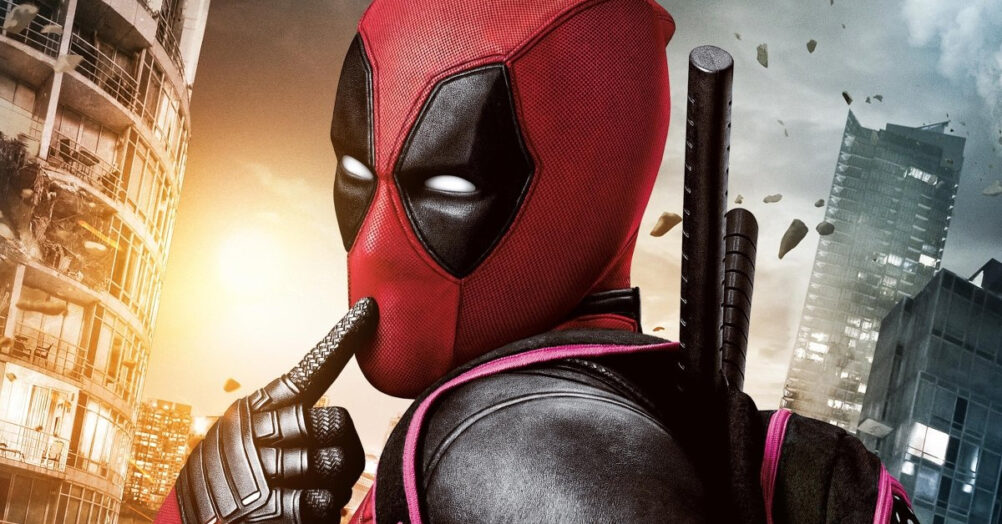
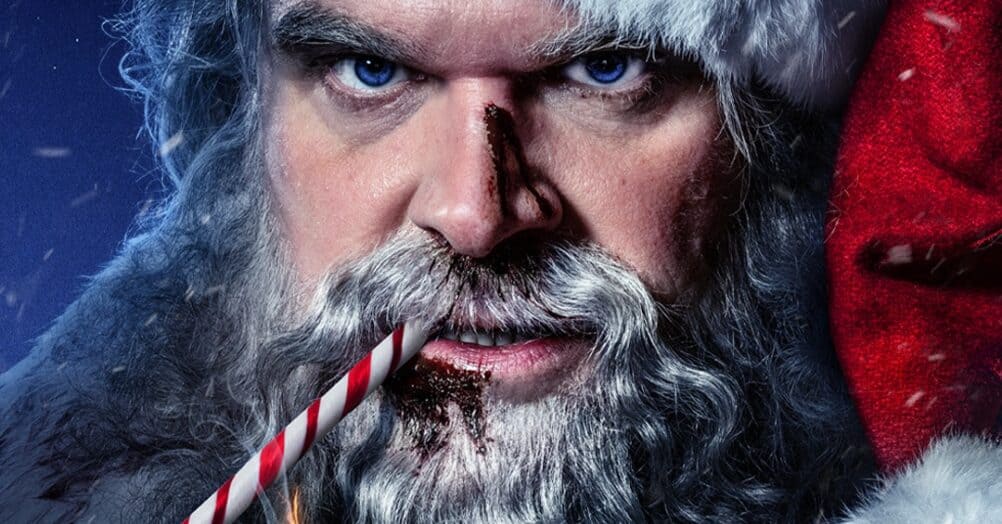
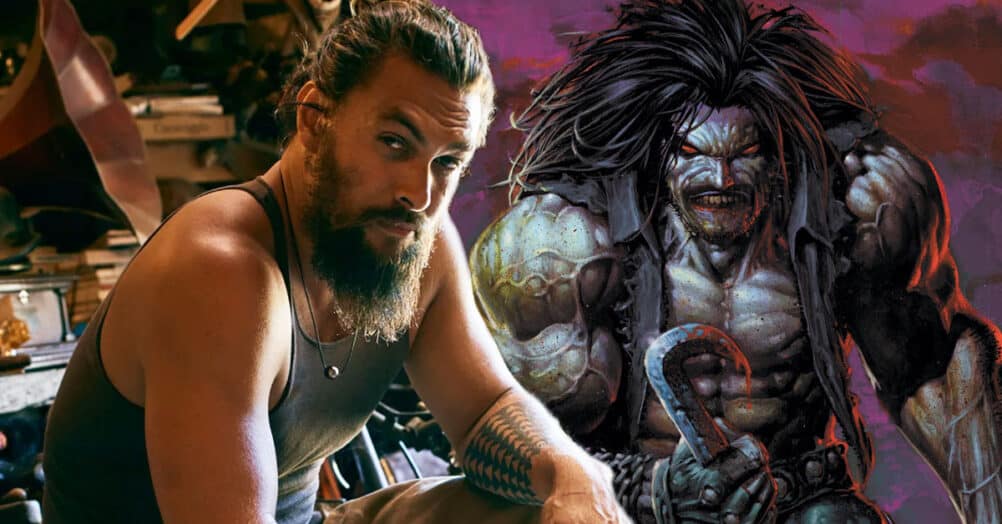
Follow the JOBLO MOVIE NETWORK
Follow us on YOUTUBE
Follow ARROW IN THE HEAD
Follow AITH on YOUTUBE